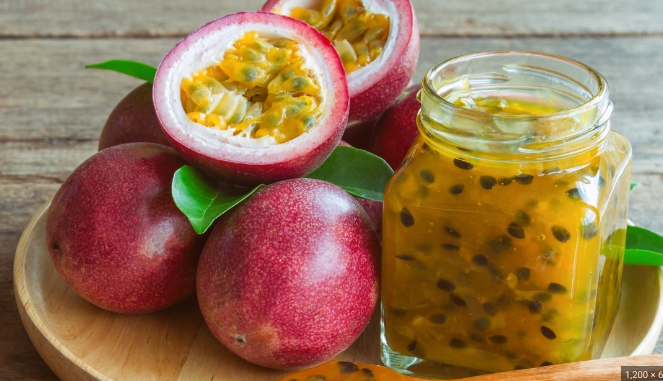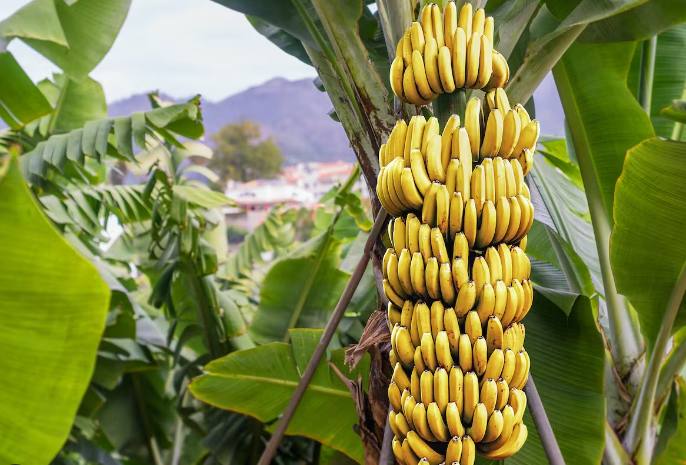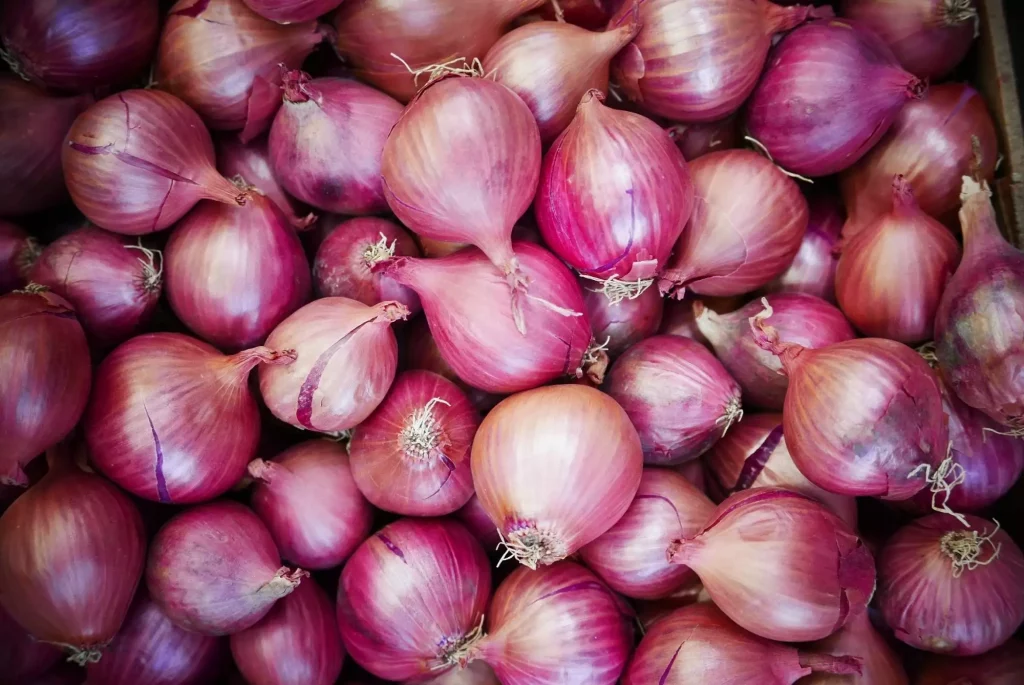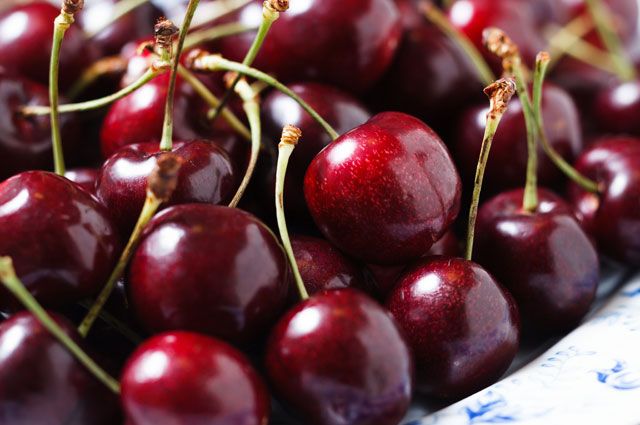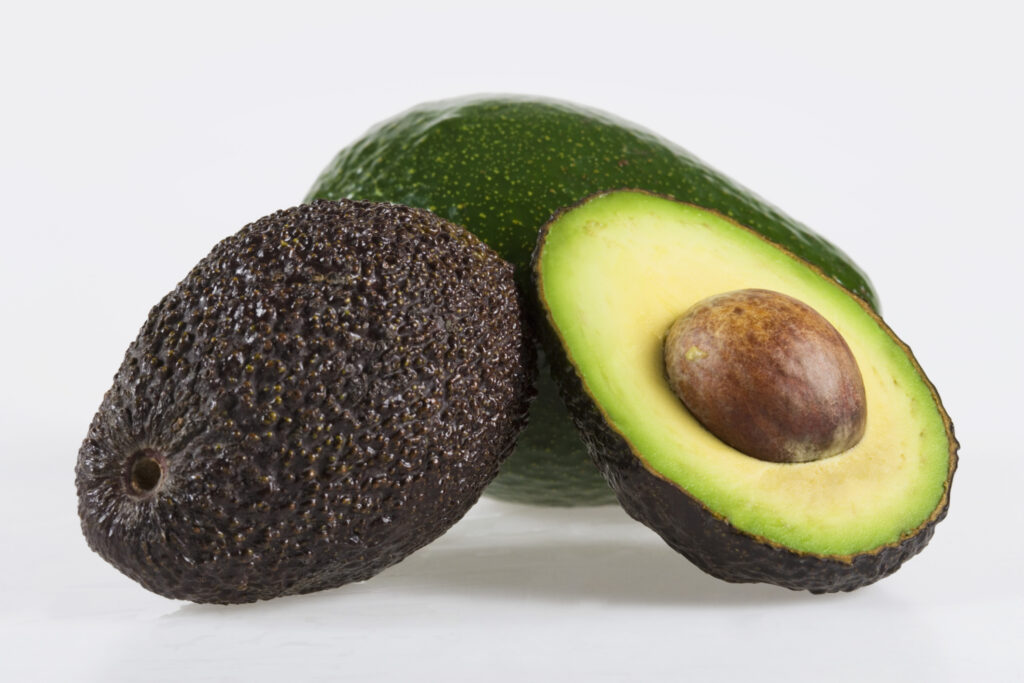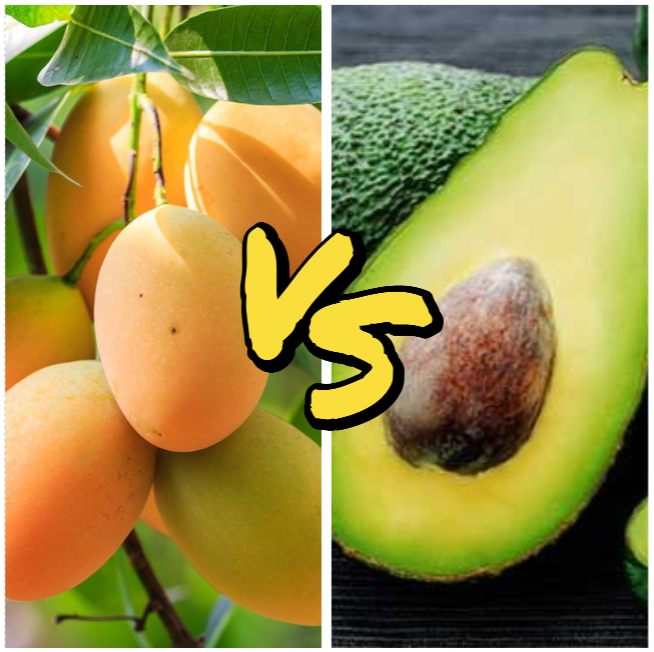Grapes are loved all over the world and can be used in many different ways. They’re tasty and good for you too!
We’re going to look at what makes a fruit tropical, find out if grapes are tropical, where they come from, what kind of weather they like, and what’s in them that’s good for you. We’ll also talk about how you can eat grapes, give you some yummy recipes, tips on picking and keeping them fresh, some fun grape facts, and then wrap it all up.
Table of Contents
- What Makes a Fruit Tropical?
- Features of tropical fruits
- Are Grapes Tropical?
- Where Did Grapes Come From?
- What Weather Do Grapes Need?
- What’s Good in Grapes?
- How Are Grapes Good for You?
- How Can You Use Grapes?
- Some Grape Recipes
- Picking and Keeping Grapes Fresh
- Fun Grape Facts
- Wrapping Up
- Frequently Asked Questions
- Are all grapes used for making wine?
- Can grapes be frozen?
- Can grapes be grown at home?
- Do grapes have any potential health risks?
- Can grape seeds be eaten?
What Makes a Fruit Tropical?
Tropical fruits grow in hot and wet places close to the equator. These areas have a lot of rain, it’s really warm, and the soil is full of nutrients. Tropical fruits are bright, taste amazing, and are full of good things for your body.
Features of tropical fruits
Tropical fruits are usually juicy, soft, and range in flavor from sweet and sour to interesting and different. They’re loaded with vitamins, minerals, and help fight off things that can hurt your body.
Are Grapes Tropical?
No, grapes aren’t tropical. They grow best in places with different seasons, not just where it’s always hot.
Where Did Grapes Come From?
Grapes have been around for a really long time and probably first grew in places like Iran, Iraq, and Turkey. Today, people grow grapes in lots of different countries that have the right weather for them.
What Weather Do Grapes Need?
Grapes love a climate that’s not too hot and not too cold. They need the right mix of sun, heat, and soil to grow their best.
What’s Good in Grapes?
Grapes are tasty and full of things that are great for your health. They give you vitamins like C and K, and minerals like potassium. Grapes also have a special thing called resveratrol that is really good for you.
How Are Grapes Good for You?
Grapes are great because they have lots of antioxidants. These help keep your body from being damaged on the inside. They’re also good for your heart, help keep your mind sharp as you get older, and they have fiber that helps your digestion.
How Can You Use Grapes?
Grapes can be snacked on as they are or put into many different kinds of dishes. You can use them in salads, sweet stuff, jams, and drinks. They bring a lovely touch of sweetness to your food.
Some Grape Recipes
- Grape Salad with Goat Cheese
- Oven-baked Grape Crostini
- Chicken and Grape Sticks
- Frozen Grape Dessert
- Grape Tart with Walnuts
Picking and Keeping Grapes Fresh
When you’re shopping for grapes, choose ones that are round, not squishy, and have a nice color. Their stems should be green and not dried out. Grapes don’t last long, so handle them gently, put them in the fridge, and only rinse them right before you eat them.
Fun Grape Facts
- Grapes are one of the oldest fruits people grow.
- There are lots of different kinds of grapes with their own flavors.
- People make all sorts of things with grapes like wine, juice, raisins, and oil from grape seeds.
Wrapping Up
Grapes are super popular but they’re not a tropical fruit. They like the changing seasons and have been enjoyed for a very long time in all sorts of ways. Grapes are a delicious fruit that everyone loves.

